Could we be about to lose our best media? The Government has announced a thinktank on the potential merger of RNZ and TVNZ largely comprising of commercial experts. Story: PAT PILCHER
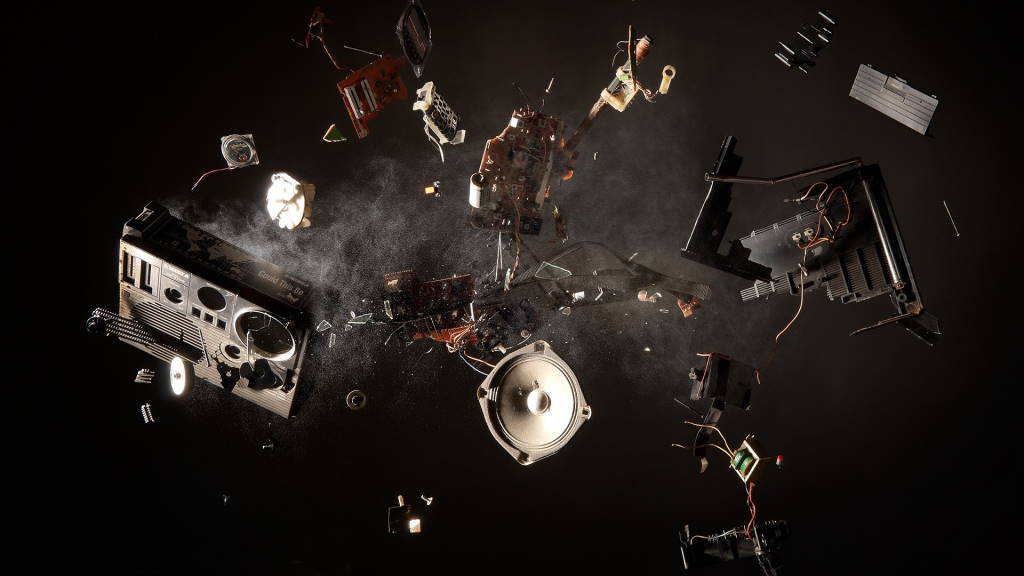
Broadcasting Minister Kris Fafoi has signalled that the merger between TVNZ and RNZ is imminent. He has framed the move as the development of a new “super” public broadcaster. But will it be all that super?
The reality could be much uglier. It probably also has more to do with cost-cutting as overseas streamed media continues to draw viewers/listeners away from New Zealand’s public broadcasters.
Would you like to support our mission to bring intelligence, insight and great writing to entertainment journalism? Help to pay for the coffee that keeps our brains working and fingers typing just for you. Witchdoctor, entertainment for grownups. Your one-off (or monthly) $5 or $10 donation will support Witchdoctor.co.nz. and help us keep producing quality content. It’s really easy to donate, just click the ‘Become a supporter’ button below.
The penetration of high-speed fibre broadband into most Kiwi homes has seen streamed content from Netflix, Amazon Prime Video, Disney+ and others making huge in-roads.
Overall, it isn’t hard to see why New Zealanders have embraced streaming media. TV3 is awash with wall-to-wall reality junk TV that could only politely be called dire. TVNZ might have less lo-fi content, but it isn’t all that much better. Both networks seem to consist of adverts with the odd TV show tacked on for good measure. Then there’s Sky TV. Aside from sports, the rest of its content appears to consist of a small number of US/UK shows endlessly re-run on a rotating cycle. Oh, and they have crappy adverts too.
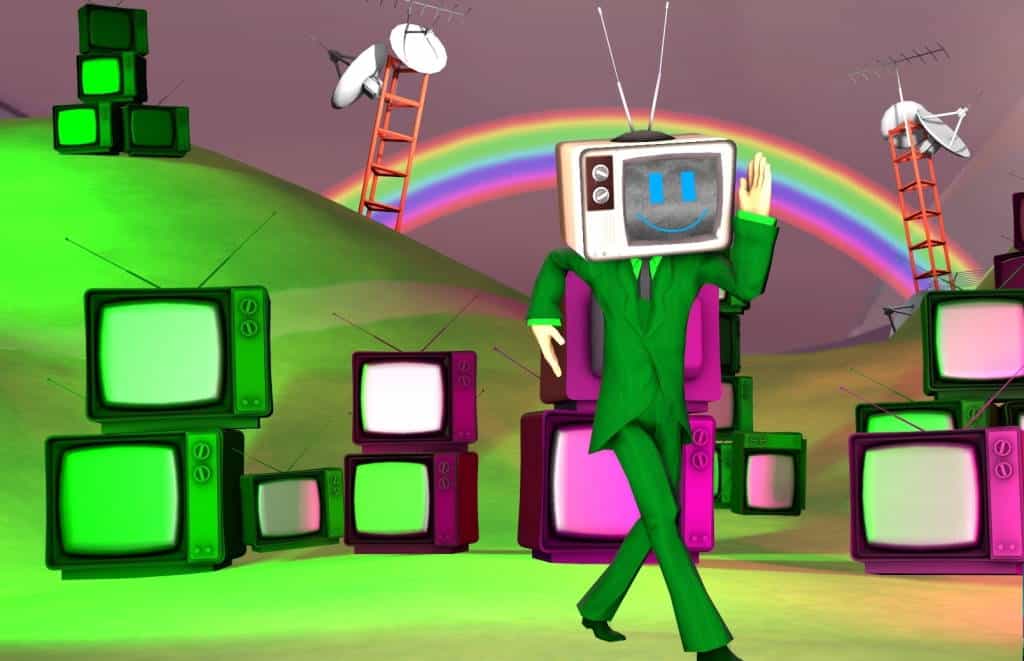
By comparison, Netflix, Amazon and other subscription streaming services have cutting edge shows that people want to watch instead of Real-desert-island-housewife-MasterChef-survivor. And there are no adverts.
The local radio scene is similarly dire. Talkback radio seems to consist of “personalities” who appear hell-bent on inflicting their own politics on listeners. Many also seem to be gleefully peddling outrage to get listeners texting in (funnily enough, premium SMS rates apply). There is, of course, an exception to this alarming trend. Radio New Zealand.
While most radio stations are pushing vapid formats and peddling partisan outrage, Radio New Zealand has a reputation for fair, impartial, and fact-based journalism. Because of this, it is trusted and well regarded by its listeners. In 2020, GFK found that radio New Zealand was the first radio station in NZ to record more than 700,000 weekly listeners.
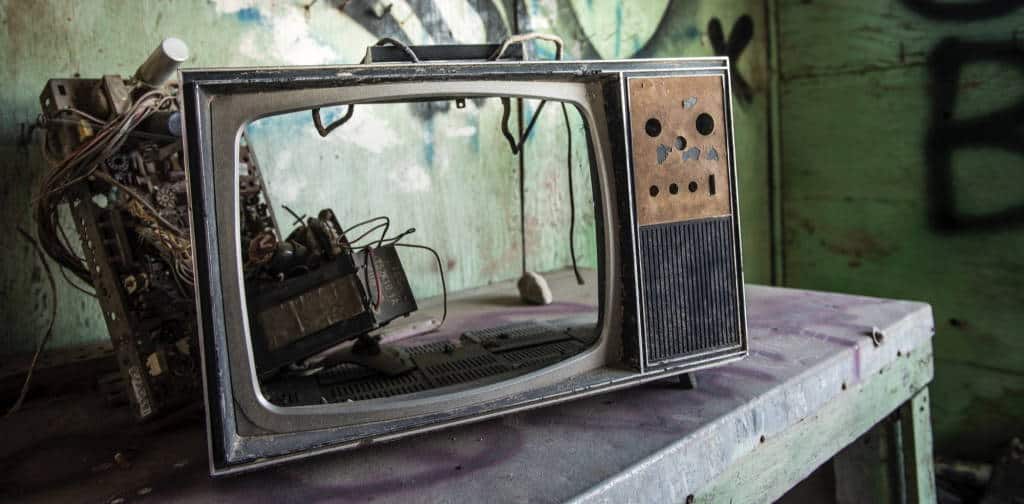
Now it appears that Radio New Zealand is to be folded into TVNZ to become a “super” media entity. Is this a case of shifting deck chairs on the Titanic as it slips beneath the streaming media waves?
Has anyone bothered to ask if a super-merger is the answer to what ails our free to air public broadcasters?
While Radio New Zealand seems to be doing fine, TVNZ appears to still be floundering and struggling to figure out how to compete against the streaming giants. Will a merger with Radio New Zealand change TVNZ’s issues in any meaningful way? I doubt it.
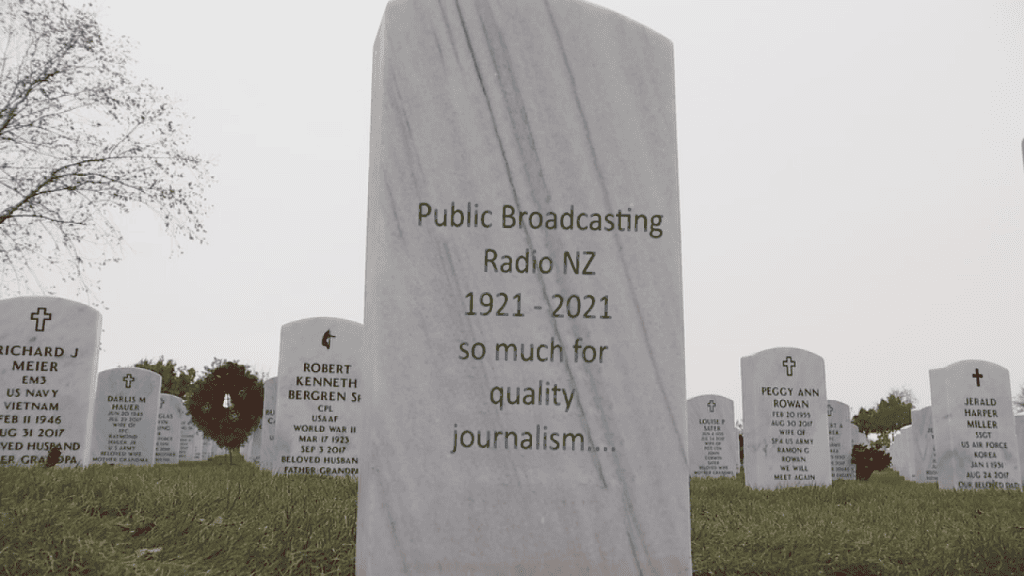
TVNZ is caught between a rock and a hard place. Beyond the 6 pm News and a handful of flagship shows, they cannot hope to compete against the big-budget shows streaming via Netflix, Amazon, Apple, and others. As more viewers move to streamed content, advertising becomes harder to sell. This affects profitability, which then affects the amount and calibre of content they can produce or purchase. TVNZ is better placed than TV3 – in that it has taxpayer money behind it. That said, TV3 is owned by American giant Discovery and has access to a richer portfolio of content.
It is no accident that content is a recurring word in this story. While broadcasters obsess about platforms, the reality is that most viewers are more concerned about what they’re watching than how the shows are transported onto the screens of their TVs. In short, TVNZ needs to find a compelling point of difference to pull in viewers who’d otherwise be viewing streaming content. Could a focus on New Zealand content that isn’t stodgy current affairs or trashy reality TV be what is needed?
TVNZ’s challenges aside, the merger of Radio New Zealand and TVNZ has the potential to spell bad things for Radio New Zealand listeners. There is a perception of TV as a glamour industry. This could see a migration of journalistic talent of key Radio New Zealand people to TVNZ. Then there’s the question of how Radio New Zealand’s quality journalism will survive in TVNZ’s commercially driven culture if its best people move to TVNZ. Will it be subsumed to become as trashy as many other radio stations already operating in New Zealand?
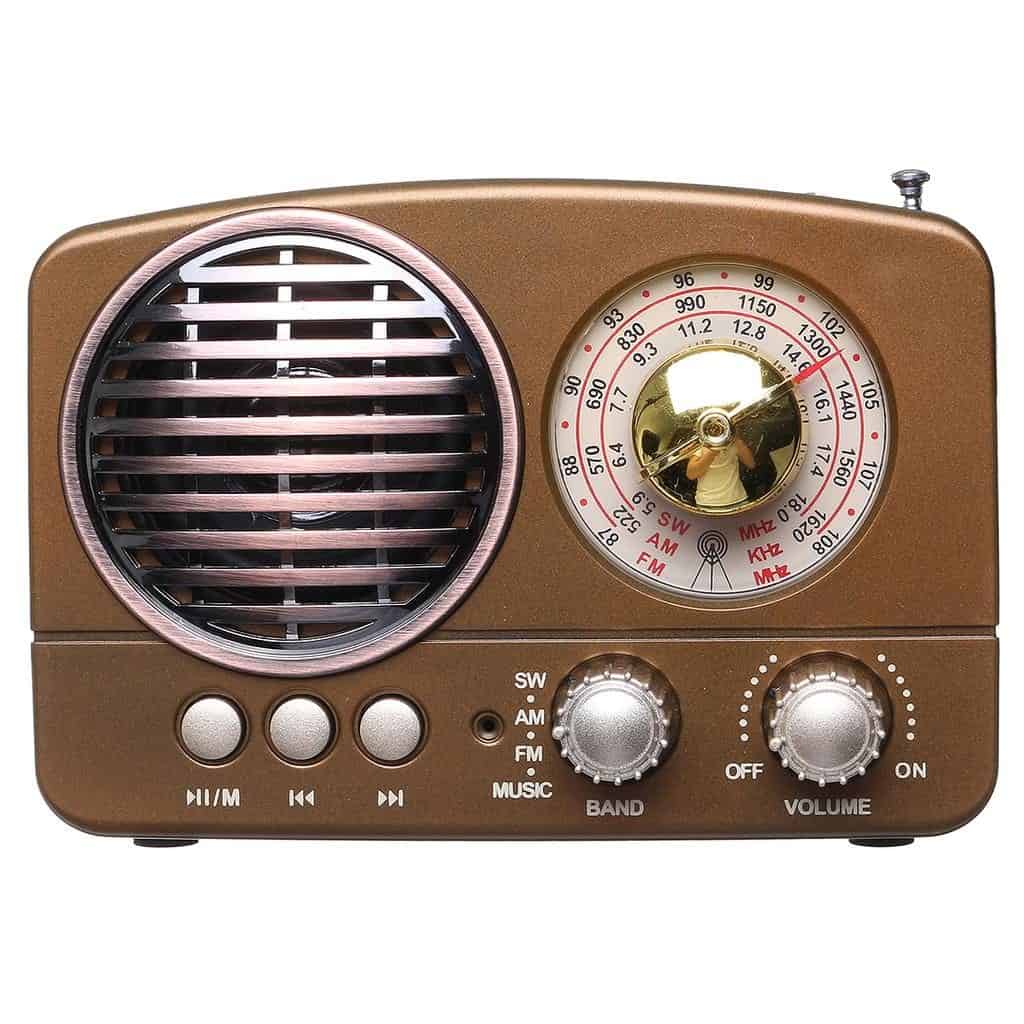
Equally concerning is the new entity’s potential to be used as an excuse to axe free-to-air public radio, replacing it with a cheap, streamed format. This would have consequences for listeners who don’t have access to or who cannot afford broadband. With much of NZ’s media already behind paywalls, the potential for information poverty is genuine.
A merger between TVNZ and Radio New Zealand might not produce a new super media outlet. It could instead bring us more of the same from TVNZ with a dumbed-down Radio NZ. Do we really want or need this?














